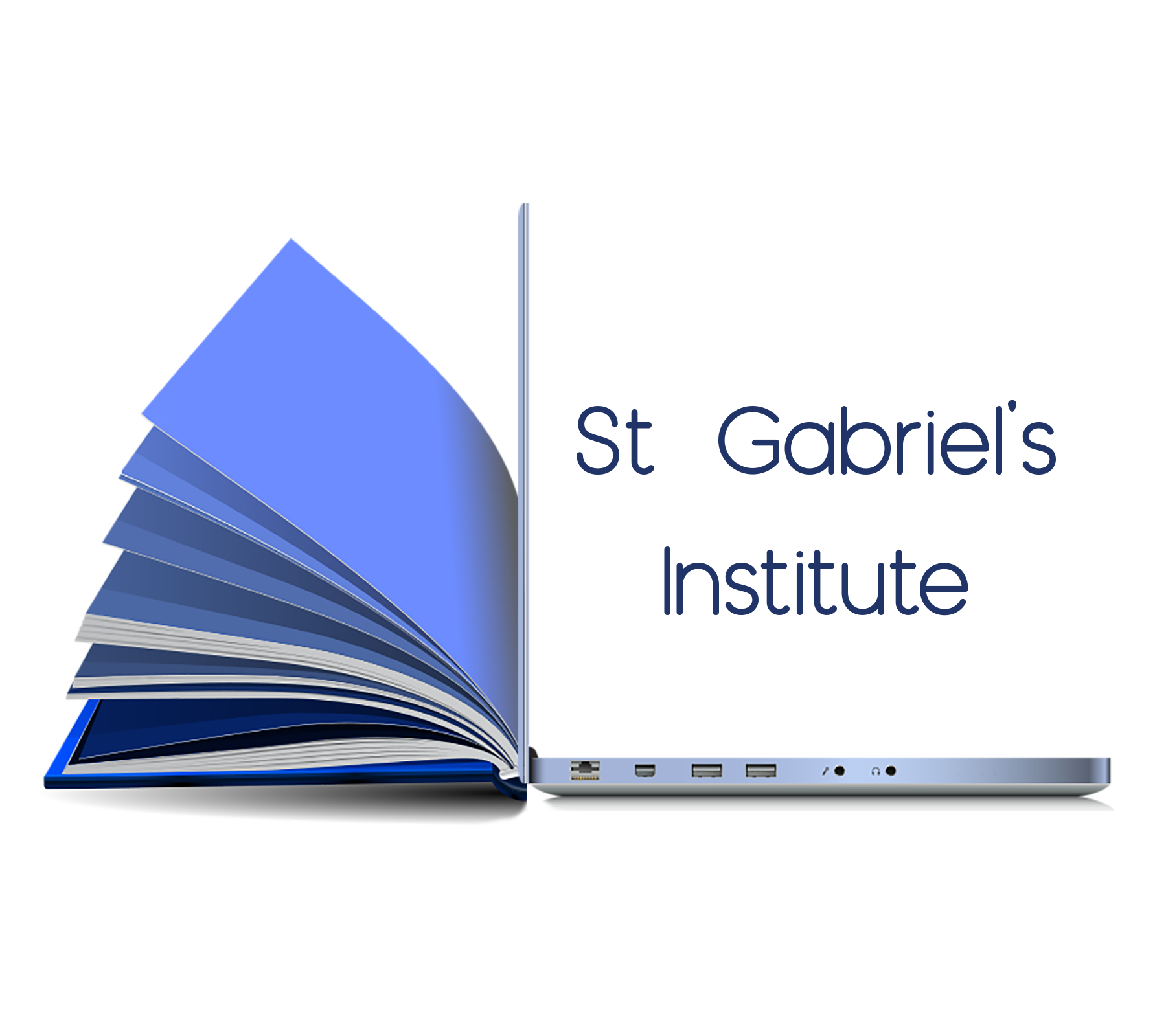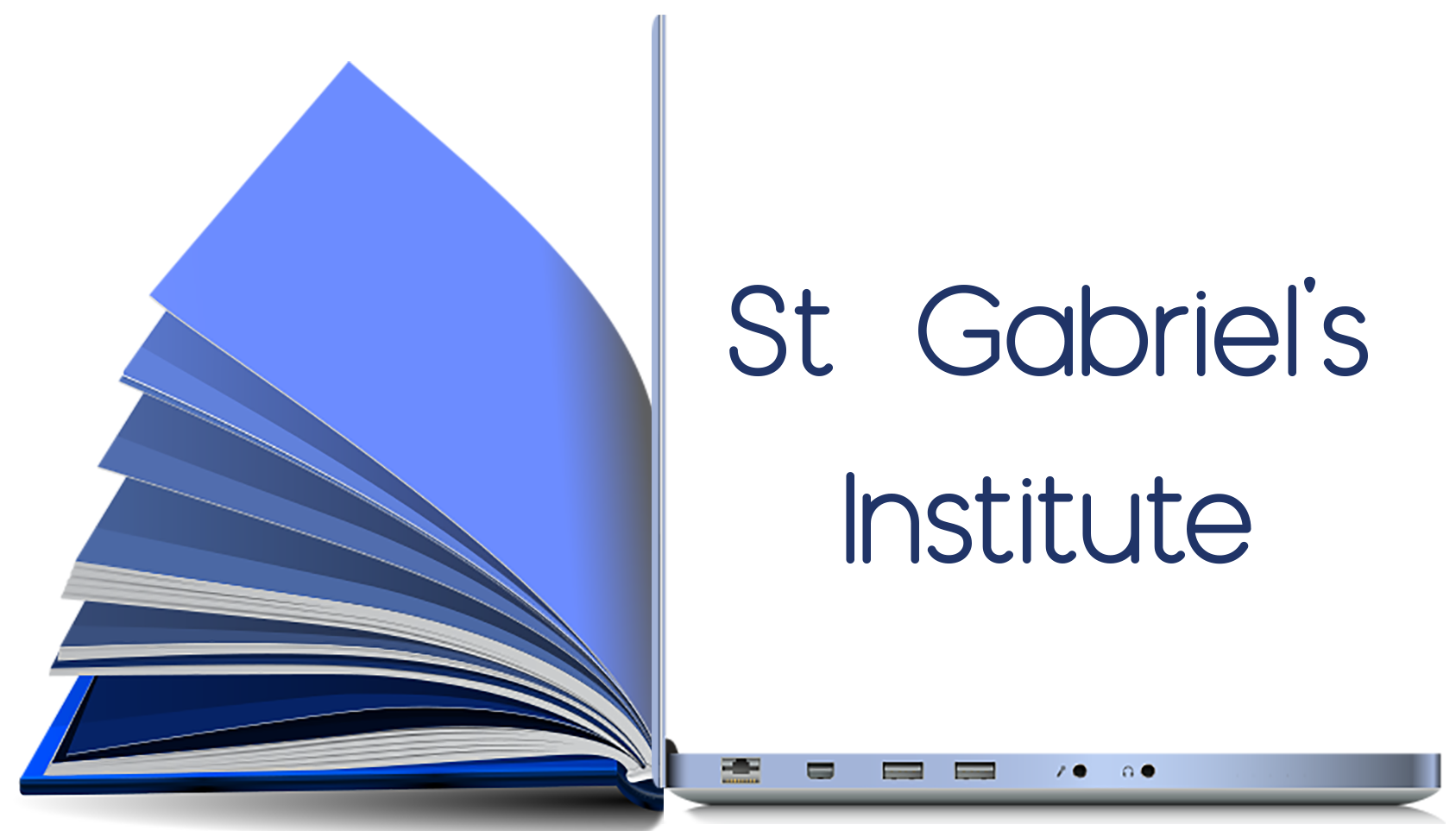Award in Personal and Social Skills for Dealing with People at Work (Customer Care)
€1,500.00
Increasing market competition means that many times what distinguishes an organisation from its competitors is the level of service it offers to its customers. A large part of this is related to the quality of face-to-face interactions between the organisation’s staff and its customers.
In order to meet this need, this course intends to equip workers dealing directly with customers with the basic skills needed to deal efficiently with different types of customer thus enhancing the potential of the organisation to offer a higher level of service.
The course is relevant for all occupations dealing directly with people. This could include, but is not limited to salespersons, self-employed or employed service providers, such as technicians and electricians, front office staff, customer service officers, complaints officers, and so on.
The course is intended as a basic short course, and therefore does not lead to any warranted profession or regulated occupation.
Entry requirements – Participants must possess basic reading and writing skills, as well as basic digital competencies related to being able to search the internet for relevant material, including websites and videos. These skills will be assessed through the presentation of the applicant’s school leaving certificate. If this is not available, the applicant will participate in a short interview to assess these skills.
Assessment
In line with the principle of experiential learning, the course will be assessed in 2 ways.
- Tutors will be required to give a mark to each student based on student’s participation in the exercises and discussions during the sessions.
- Students will be asked to keep a reflective diary where they record what they have learnt during each session and how they have observed and applied it throughout the following week. The diary should refer to case studies discussed during the sessions, as well as the participants’ own experiences at the workplace.
Accreditation
The Course will consist of 5 modules of 1 ECTS each. Once the 5 modules are completed the student will be awarded 5 ECTS at MQF Level 3. Each module consists of 25 learning hours. The modules are as follows:
1. Introduction to communication skills at the workplace
2. Intrapersonal skills at the workplace
3. Interpersonal skills at the workplace 1
4. Interpersonal skills at the workplace 2
5. Related workplace issues
Course Objectives
Students will be equipped with knowledge, skills and competencies related to dealing with people, in particular with customers, at work. A particular focus of the course will be on the theory and skills behind effective communication, including active listening, giving feedback, awareness of non-verbal communication, assertiveness, and conflict management. Other issues relevant for effective interaction with customers, namely telephone skills and appreciating and respecting diversity, will also be covered.
Overall Knowledge Objectives: participants will learn the main principles underlying effective communication skills, intrapersonal and interpersonal skills. Knowledge about related issues including appreciating diversity, email, and telephone skills, will also be provided.
Overall Skills Objectives: through experiential learning and practice, participants will become skilled in communication skills, active listening, giving feedback, understanding non-verbal communication, assertiveness, and conflict management, in relation to people at work. Other, non-face-to face communication skills, including email and telephone communication, will be learnt, and practiced.
Overall Competences Objectives: through experiential learning and practice, participants will become competent in the skills mentioned above, as assessed through their participation during the session and reflective diaries for each module.
Learning Outcomes
The learner will be able to:
a) Understand and apply general communication skills in customer related situations.
b) Understand and practice intrapersonal skills, in particular self-awareness and assertiveness.
c) Understand and practice active listening and giving feedback in customer related situations.
d) Understand and practice conflict management and negotiation skills in customer related situations.
e) Learn to appreciate and respect diversity and learn the skills of telephone communication in customer related situations.
General Pedagogical Procedures
Since this is a skills-oriented course, and particularly given the target audience, lecture type sessions will be kept to a minimum. Rather, the course will be designed around the principles of experiential learning. This does not preclude that most subjects will in fact be introduced in lecture format, but the emphasis will be mostly on experiential learning. Sessions will be held in a classroom setting and include videos and discussions about case studies prepared by the lecturer.
Experiential learning principles suggest that skills are best learned through experience followed by reflection (Kolb, 2014). Communication skills are usually learnt through experience in natural settings, sometimes resulting in incorrect or incomplete learning. The course will aim at redressing this situation by exposing students to real life situations in a non-threatening classroom environment through various individual and small group exercises, including role plays. Students will then have the opportunity to reflect on their observations and learn through reflecting on their experiences.
This type of learning has been shown to be much more useful than traditional passive lecturing when it comes to teaching skills (Beard, 2010), and caters better for different learning styles (McCarthy & McCarthy, 2006)




